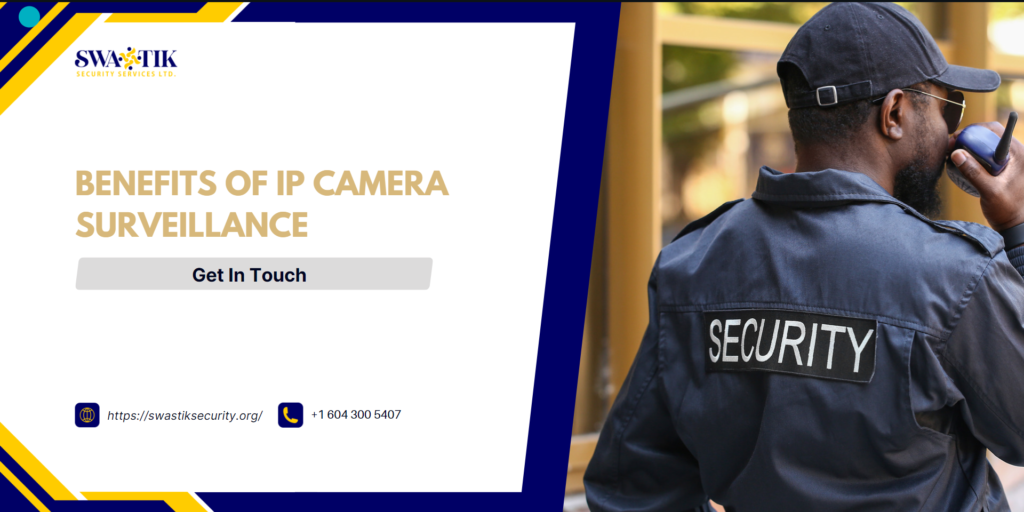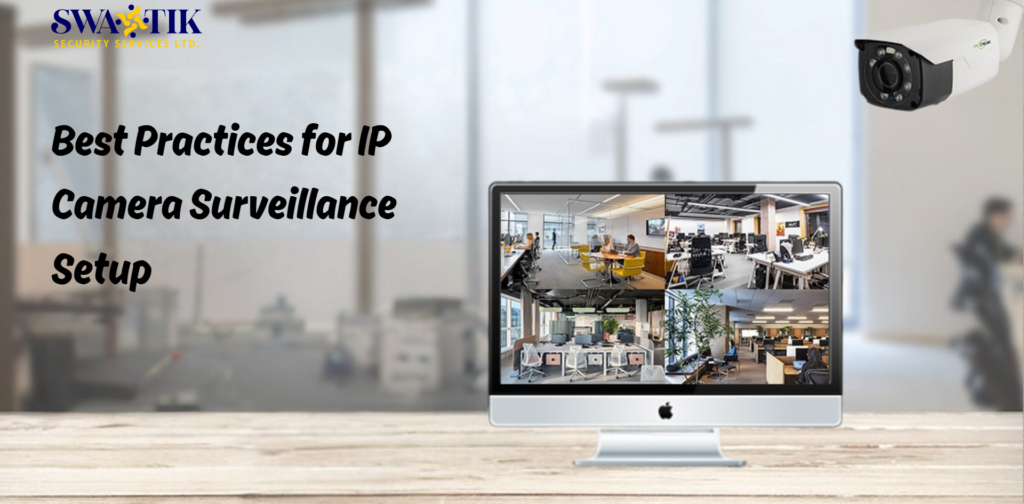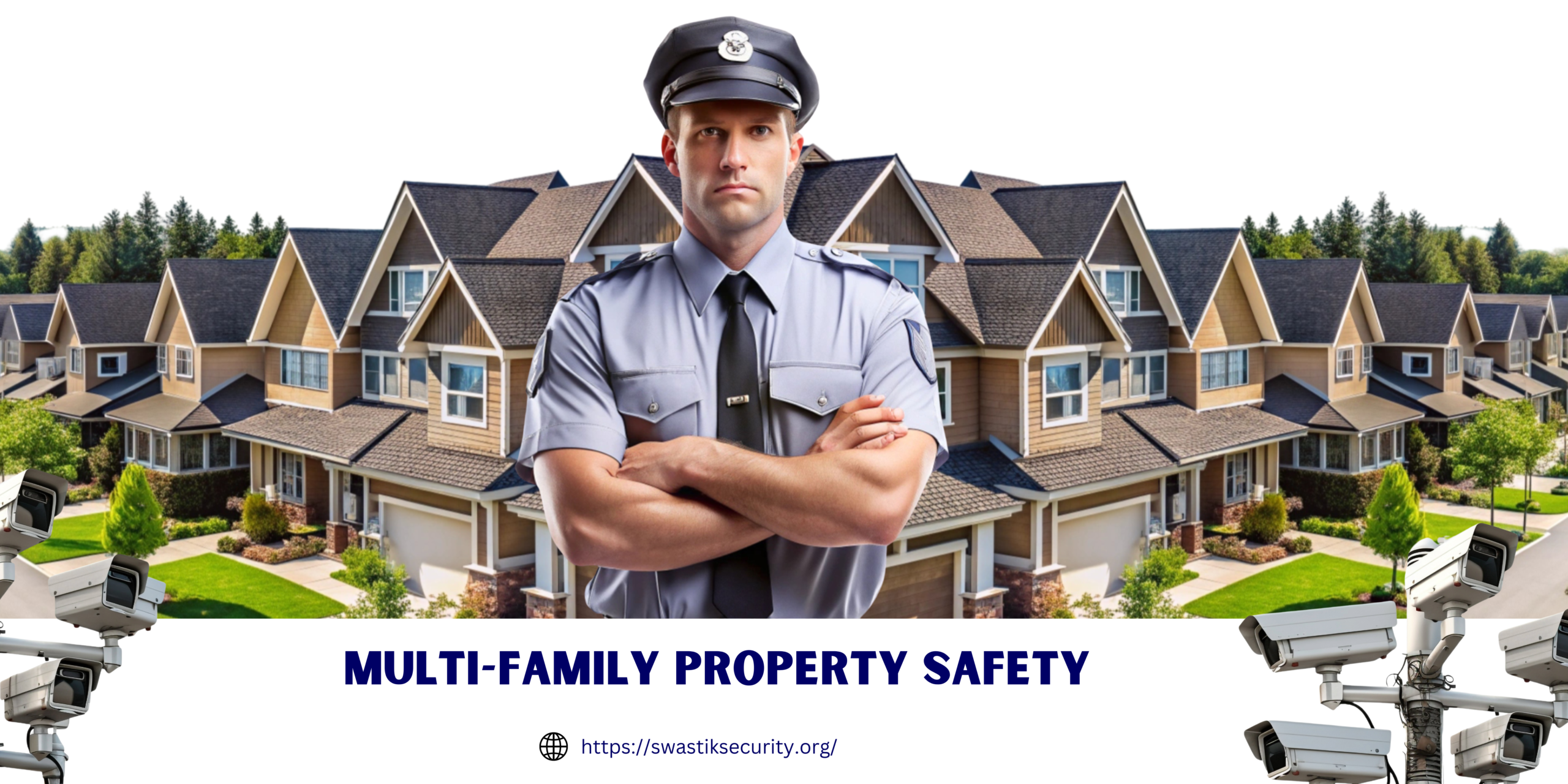Benefits of IP Camera Surveillance

What is IP Camera Surveillance?
IP camera surveillance is a type of digital security system that uses Internet Protocol (IP) cameras instead of traditional analogue Closed-Circuit Television (CCTV) cameras. Unlike their analogue counterparts, which transmit video as a signal to a Digital Video Recorder (DVR), IP cameras capture and transfer high-quality digital footage via an IP network. This setup eliminates the need for local recording devices, offering remote accessibility and superior security. Explore more about our IP camera systems.
But what exactly makes IP camera surveillance the go-to option for modern security needs? Let’s delve into the specific benefits that make these systems indispensable.
1. Superior Image Quality
One of the most significant advantages of IP cameras is their ability to capture high-quality video footage. IP cameras offer better resolution than analogue cameras, providing clearer and more detailed images. This improvement in image quality means that cameras can cover larger areas without compromising on the clarity of the footage.
Many IP cameras are equipped with progressive scan technology, which is particularly useful in capturing clear images of moving objects. This feature is crucial in scenarios where identifying individuals or vehicles is necessary. High-resolution footage is not just about clarity; it plays a vital role in the usability of the footage as evidence. Whether you’re trying to identify a suspect or verify an incident, high-quality video can be the key to a successful investigation.
2. Intelligence and Advanced Features
IP cameras are not just about better image quality; they are also intelligent devices designed to enhance the overall performance of your security system. These cameras come with built-in analytics and features that can significantly improve the efficiency of your surveillance efforts.
For example, IP cameras can detect if they are being tampered with and send immediate alerts. This capability ensures that any attempts to disable the camera are quickly identified and addressed. Additionally, IP cameras can perform functions such as people counting, detecting specific types of movement, and even thermal imaging. These advanced features make IP cameras not just passive observers but active participants in your security infrastructure.
3. Remote Monitoring and Accessibility
One of the standout benefits of IP cameras is the ability to monitor your premises remotely. With IP camera surveillance, you can access live feeds from your cameras on any device with internet access, provided you have the correct software installed. Whether you’re on a business trip, vacation, or just away from your property, you can keep an eye on things from anywhere in the world.
At Swastik Security LTD, we offer user-friendly systems that allow you to monitor your cameras via mobile apps, ensuring that you’re never out of touch with what’s happening on your premises. Discover our remote monitoring services. Moreover, these systems can be set up to send real-time push alerts whenever they detect suspicious activity. This means you’re not just recording events after they happen but have the opportunity to prevent or intercept criminal activities in real-time.
4. Enhanced Functionality
The functionality of IP cameras goes beyond just recording and monitoring. These cameras come packed with features that can significantly enhance the overall effectiveness of your security system. For instance, many IP cameras allow for zooming into both live and recorded video footage. This feature is invaluable when you need to identify specific details, such as faces or license plates, during an investigation.
Additionally, IP cameras often come with motion detection, cross-line detection, and improved low-light performance. These features ensure that your cameras are effective in various conditions, whether it’s monitoring a dark alley at night or detecting intruders crossing a specific boundary. Some IP cameras can even adjust or react to trigger events, such as focusing on a specific area when motion is detected.
5. Scalability and Flexibility
Another major advantage of IP camera surveillance is its scalability. As your site grows or your security needs change, you can easily add more cameras to your existing system without extensive rewiring or complex installations. This flexibility makes IP surveillance an ideal solution for businesses and properties that may expand or require additional coverage over time.
The infrastructure of IP camera systems installs relatively straightforwardly and seamlessly expands as needed. Furthermore, integrating IP camera systems with other security systems, such as alarms or access control systems, creates a comprehensive security network that covers all aspects of your site’s protection.
At Swastik Security LTD, we partner with industry leaders like Avigilon to provide advanced surveillance platforms that can scale with your business, no matter the size or sector. This ensures that your security system remains effective and adaptable as your needs evolve.
6. Cost-Effectiveness
While IP cameras have traditionally been more expensive than analogue models, the gap in pricing has been closing rapidly as the technology becomes more widespread. Moreover, when you consider the overall cost of ownership, IP camera systems often prove to be more economical in the long run.
The ease of installation, combined with the reduction in the need for additional equipment, contributes to lower overall costs. Furthermore, the improved performance of IP cameras means that businesses can potentially reduce financial losses from theft or damage. The ability to quickly and accurately identify and respond to incidents can save significant amounts in potential losses.
7. Reduced Cabling and Simpler Installation
Traditional analogue cameras require multiple cables for power, video transmission, and sometimes even audio, making installation a cumbersome and time-consuming process. In contrast, IP cameras use Power over Ethernet (PoE), which combines network and power into a single cable. This not only simplifies the installation process but also results in a cleaner, more organized setup.
The reduced cabling also means fewer potential points of failure and a more reliable overall system. For businesses or homes looking for a surveillance system that is both effective and easy to install, IP cameras are a clear choice. learn more about our PoE camera solutions.
8. Secure Data Storage and Transmission
One of the critical concerns with any surveillance system is the security of the recorded data. IP cameras address this concern by offering secure data storage and transmission. Unlike analogue systems, where footage is stored onsite and is vulnerable to theft or damage, IP camera footage is immediately encrypted and transmitted over the internet to a secure server.
This data is typically stored on a Network Video Recorder (NVR), which offers more robust security features compared to traditional DVRs. The encryption and compression of data during transmission make it difficult for unauthorized parties to intercept or tamper with the footage, ensuring that your surveillance data remains secure.

While the benefits of IP camera surveillance are clear, it’s essential to set up your system correctly to maximize its effectiveness. A well-planned and properly executed installation can significantly enhance the security of your premises. Here are some best practices to consider:
1. Avoid Blind Spots
One of the most critical aspects of setting up an IP camera system is ensuring that all vulnerable areas are covered. Blind spots can undermine the effectiveness of your surveillance system, leaving key areas unmonitored. Here’s how to avoid them:
Strategic Placement: Place cameras in locations that provide a clear view of entry and exit points, windows, and other vulnerable areas. Corners of rooms and buildings are often ideal as they allow a single camera to cover a broader area.
Overlapping Fields of View: To ensure comprehensive coverage, consider placing cameras with overlapping fields of view. This setup not only eliminates blind spots but also provides multiple angles of critical areas, making it easier to capture all necessary details.
Height and Angle: Position cameras high enough to prevent tampering but angled correctly to capture faces and key details. Avoid positioning cameras too high where they might only capture the tops of heads or too low where they could be easily obstructed or tampered with.
2. Secure Your Network
Since IP cameras rely on network connections, securing your network is paramount to prevent unauthorized access and potential breaches. Here are some steps to bolster your network security:
Strong Passwords: Always use strong, unique passwords for your IP cameras and network devices. Avoid default passwords, which are often well-known and easily exploited by attackers.
Regular Firmware Updates: Manufacturers frequently release firmware updates to fix vulnerabilities and enhance security features. Ensure that your IP cameras and network devices are regularly updated with the latest firmware.
Virtual Private Network (VPN): Consider using a VPN to secure remote access to your IP camera system. A VPN encrypts your internet connection, making it much more difficult for unauthorized users to intercept and access your camera feeds.
3. Professional Installation
While DIY installations are increasingly popular due to ease of access and cost-effectiveness, professional installation is often the best route to ensure optimal performance and security. Here’s why:
Optimal Camera Placement: Professional installers have the expertise to position cameras in locations that maximize coverage while minimizing blind spots. They can also advise on the best types of cameras for different areas of your property.
System Configuration: Professional installers will configure your IP camera system to suit your specific needs. This includes setting up motion detection, configuring alerts, and integrating the system with other security measures like alarms or access controls.
Ongoing Support: At Swastik Security LTD, our NSI Gold accredited engineers not only provide expert installation services but also offer ongoing support to ensure your system continues to perform at its best. Whether you need help with system maintenance, upgrades, or troubleshooting, professional support can save you time and ensure your security remains uncompromised.
Conclusion: Harnessing the Power of IP Surveillance
IP camera surveillance represents the future of security systems, offering a level of functionality, flexibility, and security that traditional systems simply cannot match. Whether you’re protecting a private residence, a commercial property, or an expansive corporate site, IP cameras provide a scalable, cost-effective solution that can adapt to your changing needs.
At Swastik Security LTD, we are committed to helping you get the most from your security system. From selecting the best products to expert installation and integration with existing systems, we make it easier than ever to safeguard your premises. With nearly three decades of experience, our team has the knowledge and expertise to design and implement surveillance solutions that give you total peace of mind.
Don’t wait until it’s too late. Contact us today to discuss your video surveillance needs and discover how IP camera surveillance can provide the protection and security you deserve.
FAQS
IP cameras are digital and transmit video over an IP network, whereas traditional analogue cameras send video as a signal to a Digital Video Recorder (DVR). IP cameras offer higher resolution, better image quality, and more advanced features like remote access, intelligent analytics, and enhanced security measures.
IP camera surveillance offers superior image quality, advanced analytics, remote monitoring, and secure data storage. These features provide better coverage, more accurate detection of suspicious activities, and the ability to access live feeds from anywhere, making IP systems more effective at preventing and responding to security incidents.
Yes, one of the key advantages of IP camera systems is remote accessibility. You can monitor live feeds and review footage from anywhere in the world using a device with internet access, provided you have the correct software or mobile app installed.
Power over Ethernet (PoE) is a technology that allows IP cameras to receive power and transmit data over a single network cable. This reduces the need for multiple cables, simplifies installation, and results in a cleaner, more reliable setup.
Absolutely. IP cameras encrypt and compress video data before transmitting it to a secure server or Network Video Recorder (NVR). This ensures that your footage is protected from unauthorized access and tampering.
IP camera systems are highly scalable. You can easily add more cameras to your existing network without extensive rewiring or complex installations. This flexibility allows your system to grow and adapt as your security needs evolve.
Professional installation ensures optimal camera placement, secure network configuration, and correct system setup. This maximizes the effectiveness of your surveillance system, reduces the risk of blind spots, and ensures that your network is protected against unauthorized access.
To secure your IP camera network, use strong, unique passwords, regularly update the firmware, implement firewalls, and consider using a Virtual Private Network (VPN) for remote access. These measures help protect your system from unauthorized access and potential breaches.
Yes, IP camera systems can be easily integrated with other security systems such as alarms and access control. This integration creates a comprehensive security network that enhances the overall protection of your premises.
At Swastik Security LTD, we provide ongoing support for all our installations. Our NSI Gold accredited engineers are available to assist with system maintenance, upgrades, troubleshooting, and any other issues you may encounter to ensure your surveillance system continues to perform optimally.



